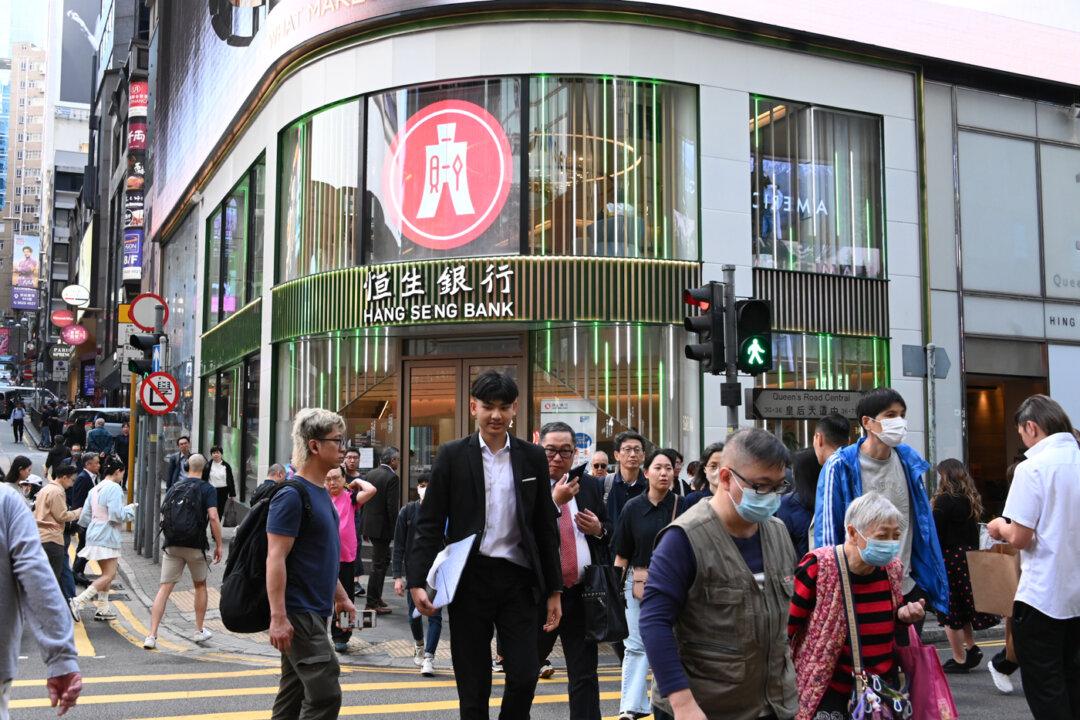Washington has been urged to reassess its policy toward Hong Kong as the city’s autonomy is being further eroded by Beijing.
On May 7, the U.S.-based think tank Center for Strategic and International Studies (CSIS) released a 40-page research report, painting a stark picture of Beijing’s tightening grip on the semi-autonomous territory and urging the American government to reassess its Hong Kong policy.




